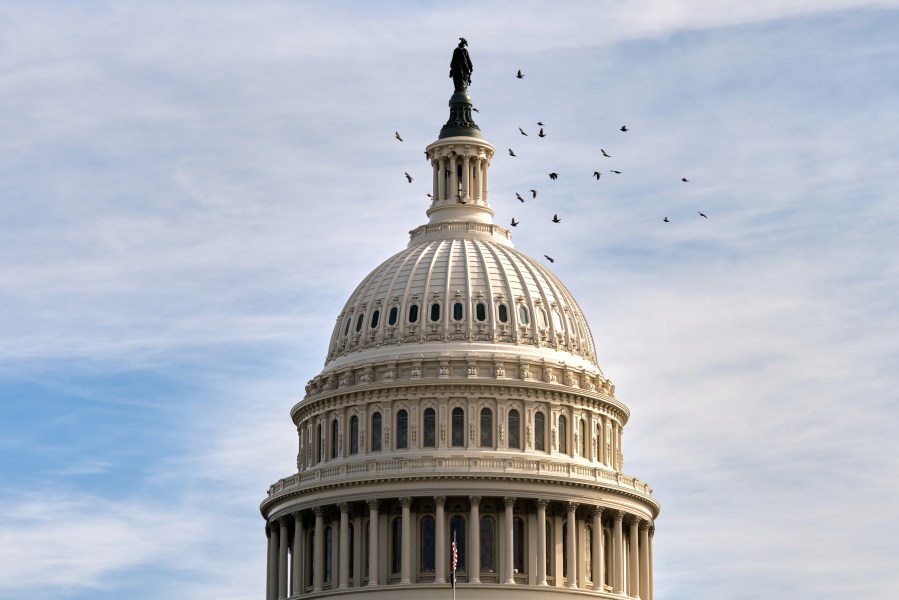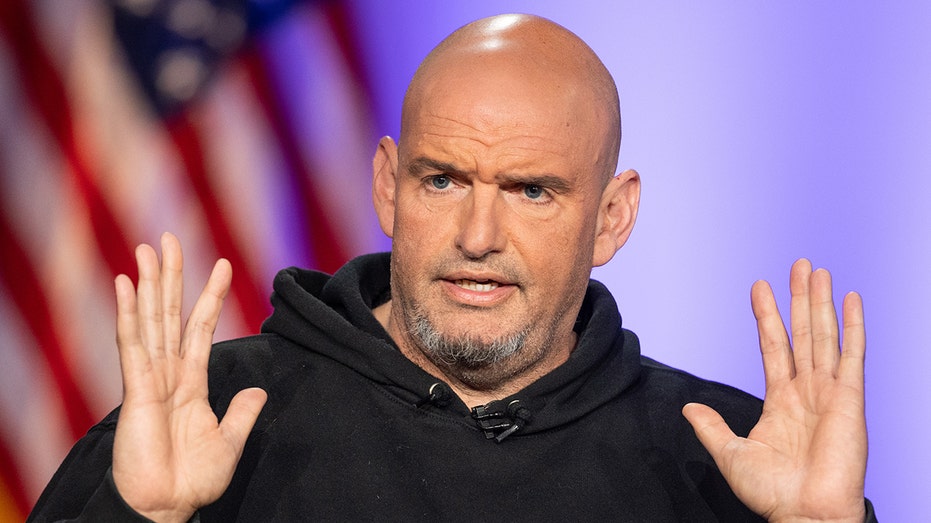UPDATE: As the U.S. government shutdown reaches day 35, urgent negotiations are intensifying among Senate leaders from both parties to end the deadlock, which is on track to become the longest in history. Millions of Americans are feeling the devastating impacts, with disrupted services including food aid and federal employment.
Behind closed doors, senators are working diligently to formulate a plan to reopen the government and restore normal funding processes. The pressure is mounting with many lawmakers declaring, “Enough is enough,” including Senate Majority Leader John Thune, who opened discussions today with a call for immediate action.
If no resolution is reached by midnight, this shutdown will surpass the previous record set during the 2018-2019 standoff, further impacting vital programs such as SNAP benefits, which provide essential food assistance to millions. Federal employees are either furloughed or working without pay, and crucial contracts are being delayed, creating widespread uncertainty across the nation.
Political pressure is building as Tuesday’s elections in Virginia and New Jersey, alongside the mayoral race in New York, could serve as a pivotal moment for voter sentiment regarding the shutdown. Many see these elections as a referendum on the current political climate, with outcomes that could influence ongoing negotiations.
Despite the urgency, a recent Senate vote to advance a temporary funding bill was rejected by Democrats, who are advocating for lower healthcare costs and other essential funding. “We’re not asking for anything radical,” stated Senate Democratic Leader Chuck Schumer, emphasizing the need for common-sense solutions.
Meanwhile, former President Donald Trump has escalated tensions by threatening to cut SNAP food aid unless Democrats agree to government reopening. His social media statement indicated that benefits would be withheld until the government is back online, a move that conflicts with court orders concerning the Supplemental Nutrition Assistance Program.
With House Speaker Mike Johnson having sent lawmakers home previously, focus remains squarely on the Senate, where bipartisan talks are being led by centrist senators. These discussions aim to create a framework for a deal that can be agreed upon by the House and the White House.
Central to the negotiations are critical agreements on funding that would restore government operations. Key senators, including Sen. Susan Collins and Sen. Mike Rounds, are pushing for a return to the normal funding process. “The pace of talks has increased,” remarked Sen. Gary Peters, reflecting a sense of urgency among lawmakers.
Among the more pressing issues is the impending expiration of health insurance subsidies linked to the Affordable Care Act. Millions are facing skyrocketing health insurance premiums, with the loss of federal subsidies expected to leave many unable to afford coverage. The Biden administration has stated that discussions on healthcare funding cannot proceed until the government is reopened, adding another layer of complexity to the negotiations.
The Senate, currently split 53-47, has faced challenges in advancing the House’s proposed funding measure, which would have extended funding until November 21. However, both Thune and Johnson acknowledge that a new plan is necessary to avoid a year-end funding crisis, likely extending operations into January 2024.
As the standoff continues, the urgency for a resolution is palpable. Lawmakers from both sides are under increasing pressure to deliver a solution that not only resolves the shutdown but also addresses the critical needs of the American people.
Stay tuned for the latest updates as negotiations unfold and the potential for a government reopening becomes clearer.







